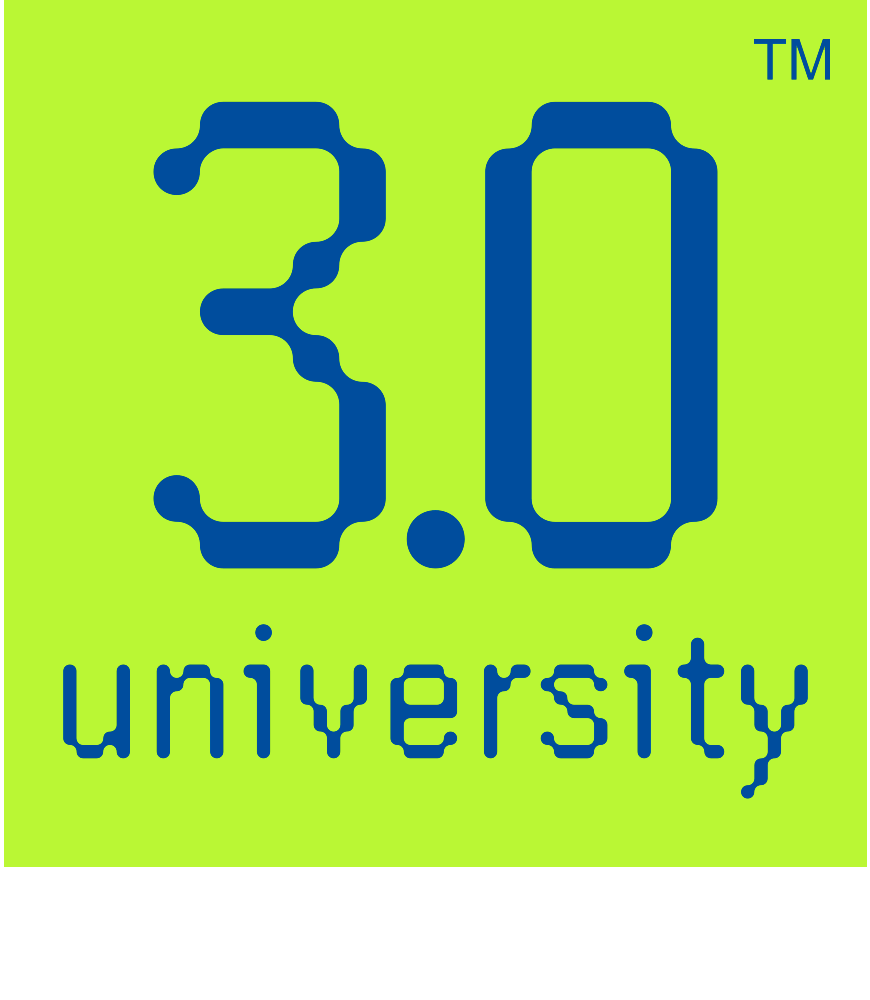
How to Choose the Right Career Path in 2025
- Posted by 3.0 University
- Categories Emerging Technology
- Date December 18, 2024
- Comments 0 comment
Here’s a guide for students to discover the path to growth!
It’s indeed a time of inexorable speedy tech changes and shifting job markets, students have tough choices about their future jobs. As the world changes, new opportunities and challenges affect career paths, making it necessary to use a more detailed method for career advice.
Moreover, Unlock the secrets to effective career guidance for students after 12th, career guidance after 10th, interview tips for students, and find answers to the questions often raised – How to choose a career path? in this comprehensive guide.
This piece aims to look at useful ways to choose a suitable career path in 2025, giving insights for students at different school stages, especially those looking for help after 10th and 12th grade. Highlighting the need for self-awareness, it points out key ideas that are important for career planning, such as spotting personal interests, building relevant skills, and matching these with what the job market needs.
By adding practical parts like interview advice and active networking tips, this guide acts as a full resource, providing students with the tools they need to approach their fields with confidence.
Decisively, the irreplaceable goal is to facilitate and empower students make informed choices that lead to both personal satisfaction and job success.
The Significance of Career Guidance for Students in a Fast-Changing Job Market
Piloting the job market today is extremely challenging and requires understanding personal goals, skills, and changing industry needs. As globalization and rapid technological changes alter job opportunities, students face many new career choices and uncertainties.
Career guidance is crucial in this situation, helping students make smart decisions. By offering specific support, such as career planning for students after 10th and 12th grades, individuals can connect their studies to job opportunities.
Additionally, excellent career guidance encourages thinking and self-awareness, helping students find their interests and strengths, which is important for long-term job happiness and career success. As shown in the organized overview of the career development process, this guidance helps students move through their paths, making decisions less overwhelming and more rewarding in a constantly changing job market.
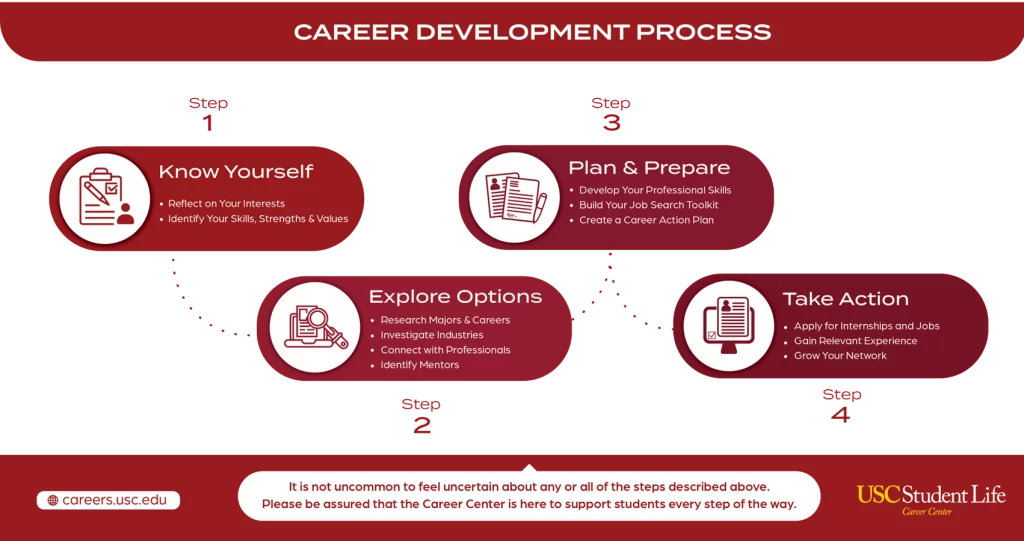
Image1. Infographic outlining the Career Development Process by USC Student Life.
Understanding Personal Interests and Skills
Choosing a career can be hard and needs a good look at what one likes and is good at, since these are key for being happy and successful at work.
Thinking about oneself helps students find what truly inspires them and builds a motivation that is important for lasting happiness.
The link between interests, skills, and values, shown in a Venn diagram, shows how mixing personal passion with abilities can lead to good job options.
As people check out different paths, they should think about how their skills can support their interests, so they are not just meeting others’ expectations.
It has been indicated by experts, “Your work is going to fill a large part of your life, and the only way to be truly satisfied is to do what you believe is great work.”
Such points highlight why matching career choices with personal motivations is essential, which sets the stage for a successful and meaningful career path in 2025.
The Role of Self-Assessment in Career Planning for Students
As students face the difficulties of modern job options, self-assessment is more important for making informed choices. Reflecting helps people understand their interests, skills, and values, which are key for good career planning.
By clearly identifying these views of themselves, students can better connect their goals with fitting job paths, reducing the chance of ending up in jobs that may cause unhappiness or stress.
The self-assessment process helps learners look into choices that match their identity, which helps them be more involved in the workforce.
Also, using tools like personality tests and skills lists improves self-knowledge and helps students show their strengths in interviews or networking.
In the end, adding self-assessment to career advice not only prepares students for the challenges of the job market in 2025 but also gives them the smart thinking needed to confidently handle their changing career situations.
Exploring Emerging Job Markets and Trends
In order to cruise across the challenges of the 2025 job market, essentially, students must comprehend the changes in new job markets unto the depth of it, apart from the trends affecting them.
The sectors viz. renewable energy, technology, and healthcare are transforming and manifestly expanding to meet society’s needs and the environment’s demands.
For example, there is now a high demand for skilled workers in artificial intelligence and data analytics, showing a shift toward digital transformation in various areas.
Also, as workers worldwide focus more on sustainability, jobs in green technology and sustainable business practices are becoming more important and effective.
This changing landscape highlights the need for students to receive excellent career advice, which encourages them to look into areas that align with their values and interests.
Using resources that provide information about these trends and possible career options can greatly improve students’ choices and help lead them to rewarding careers.
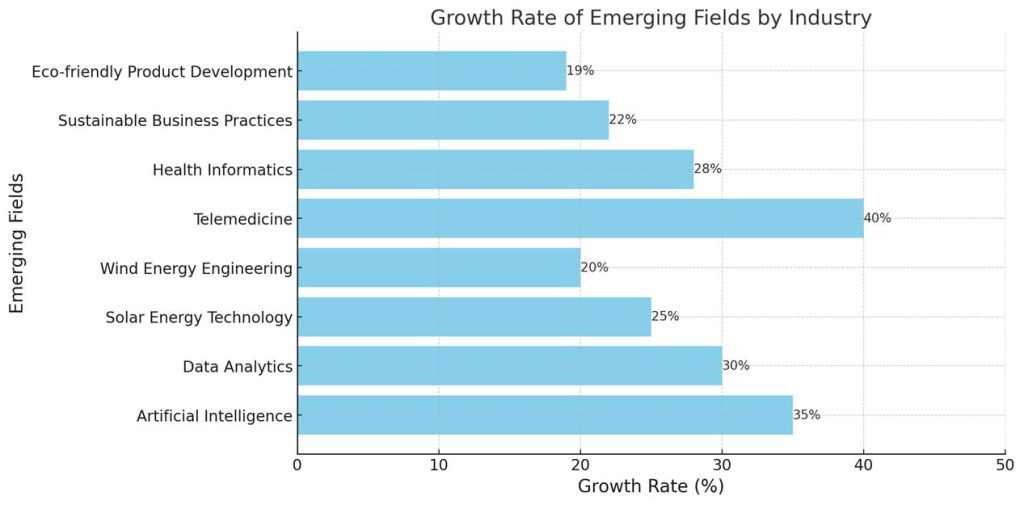
The chart displays the growth rates of emerging fields within different industries. Healthcare has the highest growth rate, particularly driven by telemedicine.
Other notable fields include artificial intelligence in technology and solar energy technology in renewable energy.
Identifying High-Demand Careers in 2025 and Beyond
As far as coping with the contemporary job market’s complexities, it seems imperative to proficiently grasp the changing trends and new industries as we get closer to 2025.
Students should take an active stance on career planning, showing the importance of matching personal interests with in-demand fields.
The ongoing digitization and innovation in different areas point out the growing importance of tech-focused jobs, with careers in artificial intelligence, green energy, and digital marketing set for big growth.
Additionally, as the industry seeks change, skill sets become increasingly crucial. Experts have, time and again, resonated – “The skills landscape is undergoing a seismic shift from the widespread adoption of artificial intelligence and cloud computing to the growing emphasis on sustainability and green technologies.“
This changing landscape not only changes traditional paths but also highlights the need for flexibility and ongoing education.
Therefore, students should do careful research and make connections, using resources like internships and mentoring programs to better prepare themselves for this changing environment.
Career | Median Salary | Projected Job Growth (2022-2032) | Education Required |
Software Developer | $111,620 | 22% | Bachelor’s Degree |
Nurse Practitioner | $120,680 | 45% | Master’s Degree |
Data Scientist | $113,309 | 36% | Master’s Degree |
Medical and Health Services Manager | $104,280 | 28% | Bachelor’s or master’s Degree |
Market Research Analyst | $65,810 | 22% | Bachelor’s Degree |
High-Demand Careers in 2025 and Beyond
Conclusion
In the changing world of job options, making beneficial choices and having structured help is very important.
As students get ready to start their careers, having personal career guidance is key. This involves examining oneself and exploring various options, which aids in creating effective career plans.
The process entails steps such as self-discovery, job exploration, strategic planning, and proactive action, equipping students with the necessary skills to navigate the challenges of the job market in 2025.
Also, staying connected with mentors and industry professionals adds to this experience, giving important knowledge and networking chances that are essential for success.
In the end, finding useful resources and understanding the mix of interests, skills, and values—as shown in—can greatly improve students’ chances of landing rewarding careers. To sum up, a thorough and thoughtful way to select a career will prepare students to face the needs and chances of the future job market.
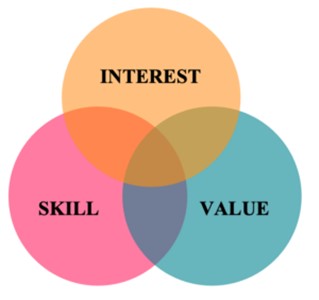
Image2. Venn Diagram of Interest, Skill, and Value
Strategies for Effective Career Decision-Making and Future Planning
A solid career decision-making process incorporates several planned methods to assist students in making wise choices. Starting with self-assessment helps individuals look at their interests, skills, and values, connecting these traits with possible careers.
After this self-reflection, students should participate in hands-on experiences like internships and informational interviews—these activities improve their knowledge of different fields and jobs.
Ongoing skill building, such as attending workshops and improving soft skills, is important, as today’s job market values flexibility and effective communication more. In addition, using career services and mentorship can offer important support and networking chances.
It is essential to have a flexible career plan; it lets you change as interests and job market trends shift.
Bringing these parts together encourages a proactive mindset for career planning, which is essential in the quick-changing environment of 2025.
Ultimately, these methods enhance the decision-making process, equipping students to identify a career path that not only matches their qualifications but also fulfills their objectives.
How Cybersecurity Unlocks Global Career Paths & Opportunities in India?
You may also like
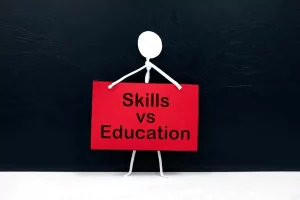
What is more Important Degree or skill?

How AutoML and No-Code AI are Changing Industries?

